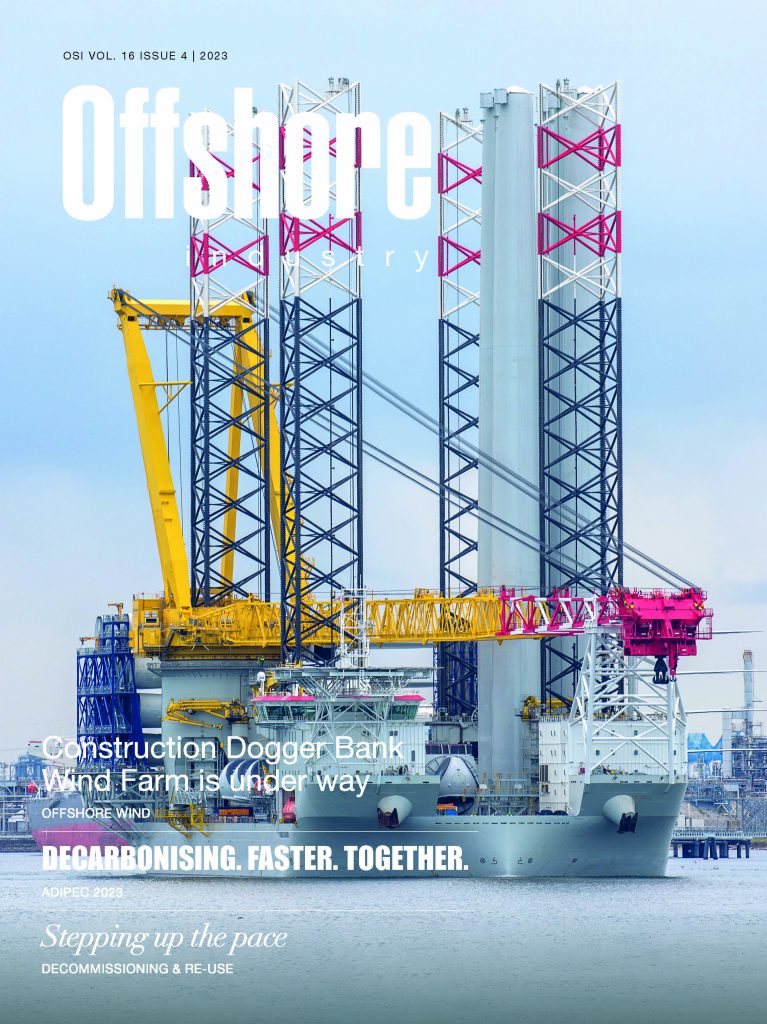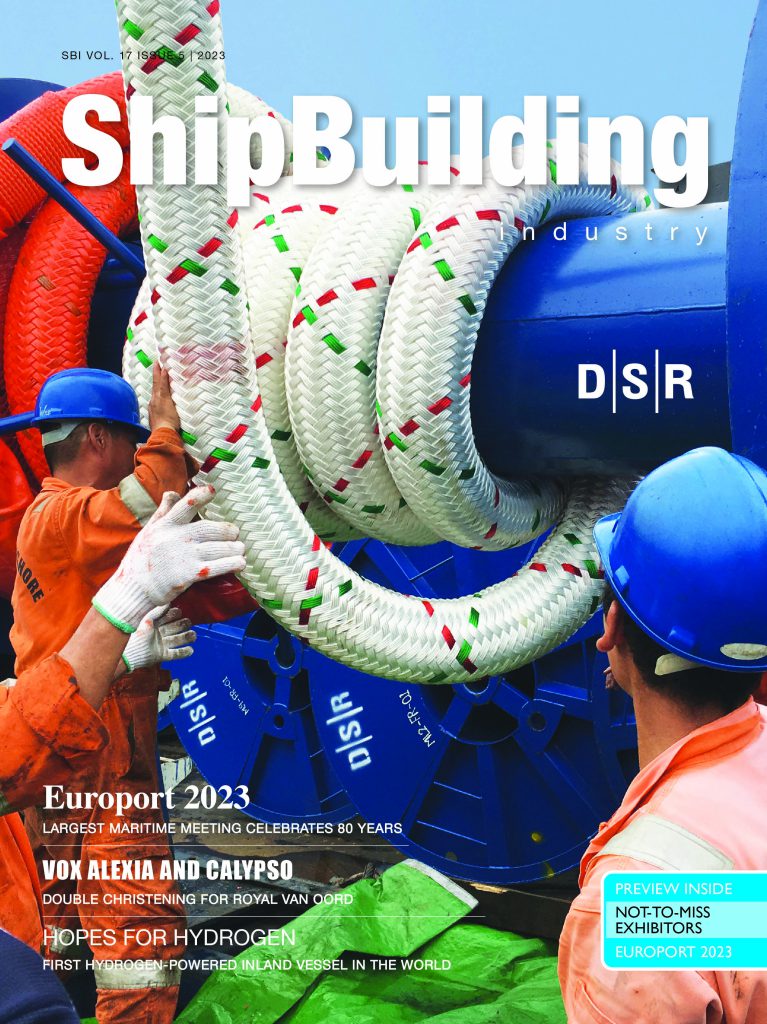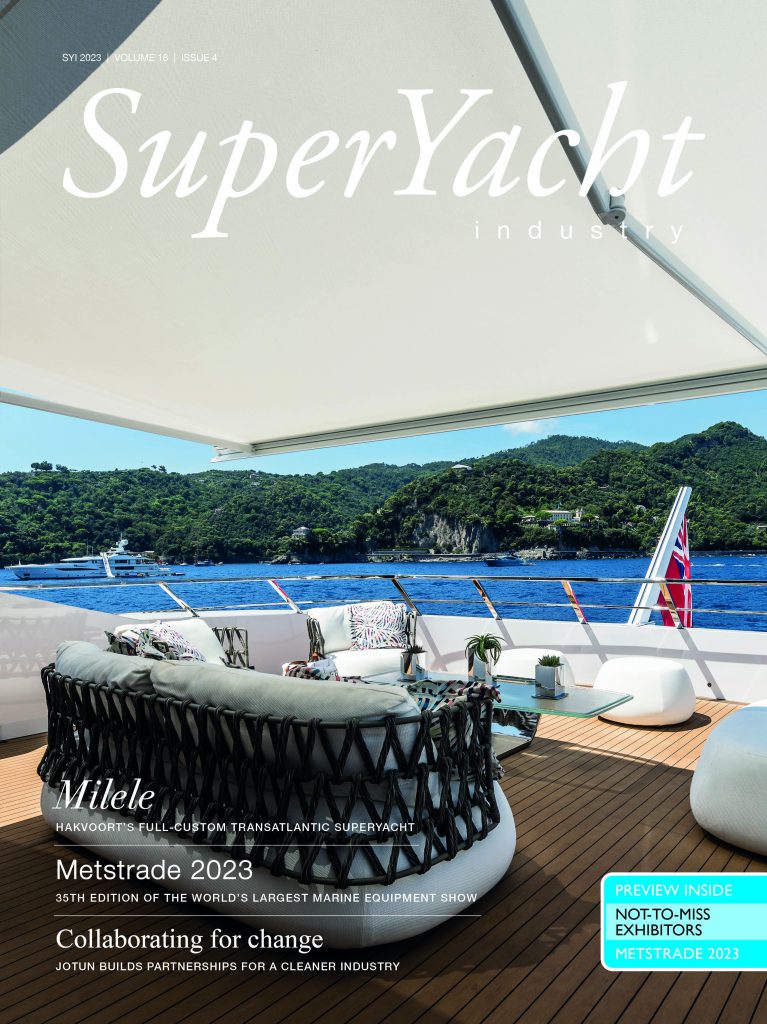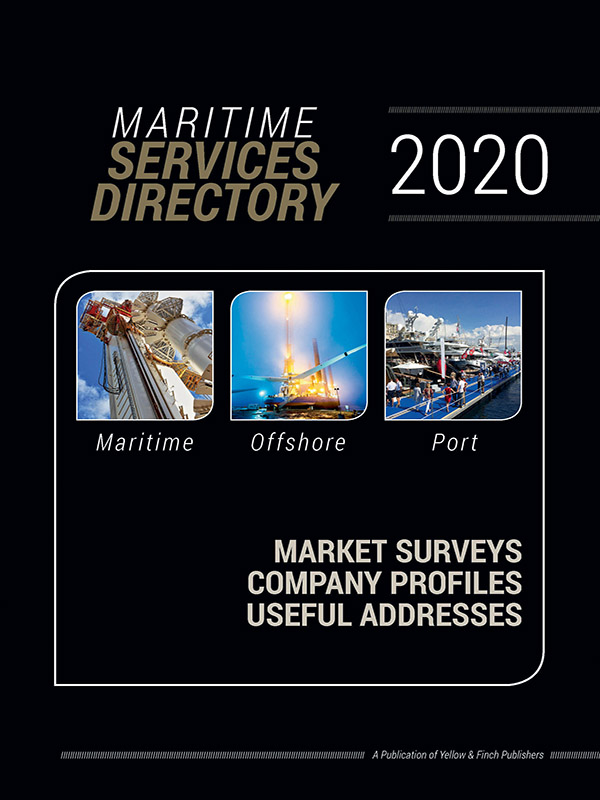Rotterdam Port Authority applauds ExxonMobil’s investment
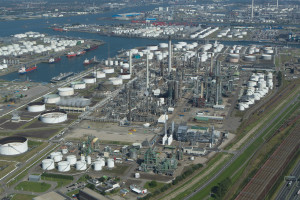 ExxonMobil’s investment in its refinery in the Botlek demonstrates a high level of confidence in the oil sector in Rotterdam. The Port Authority stresses the importance of the refining and petrochemical industry in the port and in the region. “We foster the existing industry in our port. The refining and petrochemical industry form an essential part of this. They provide high added value and a great deal of high-quality employment. ExxonMobil’s investment clearly demonstrates this leading company’s confidence in Rotterdam. While elsewhere in Europe refineries are being shut down, here, companies are heavily investing in modernisation. As a result, we remain competitive as a port in the refining and petrochemical industry,” says Allard Castelein, Chief Executive Officer of the Port of Rotterdam Authority.
ExxonMobil’s investment in its refinery in the Botlek demonstrates a high level of confidence in the oil sector in Rotterdam. The Port Authority stresses the importance of the refining and petrochemical industry in the port and in the region. “We foster the existing industry in our port. The refining and petrochemical industry form an essential part of this. They provide high added value and a great deal of high-quality employment. ExxonMobil’s investment clearly demonstrates this leading company’s confidence in Rotterdam. While elsewhere in Europe refineries are being shut down, here, companies are heavily investing in modernisation. As a result, we remain competitive as a port in the refining and petrochemical industry,” says Allard Castelein, Chief Executive Officer of the Port of Rotterdam Authority.
Investment
ExxonMobil is investing over USD 1 billion in the modernisation of its refinery in the Botlek in Rotterdam. This concerns the construction of a new hydrocracker and a modification of the existing hydrocracker. The hydrocracker produces low-sulphur fuels, such as diesel and kerosene, and basic oils from high-sulphur semi-finished products. This enables ExxonMobil to anticipate the growing market demand for these products. Another component of the investment is the expansion of the tank storage facility by six new tanks, thereby increasing storage capacity by 140,000 m3. The expansions are scheduled to be operational by 2018.
Allard Castelein explains: “Decisions of this magnitude are taken at the highest levels within multinationals. This means that investing in Rotterdam is compared with investing in other locations, where the cost of energy and raw materials is often lower. This is a positive signal.”
Energy Transition
The energy sector is in a transition phase. Over time, society will transition to renewable energy. However, over the coming decades, fossil fuels will remain important. The International Energy Agency, for example, predicts that in 25 years, the world will still depend on fossil fuels, such as oil and coal, for three quarters of its energy needs. It is therefore important for the Dutch economy, as well as the port, to continue to support ExxonMobil in its activities. At the same time, the Port Authority stimulates the generation of renewable energy and the development of bio-based industries, and does its best to effect the highest possible investments in that area.



